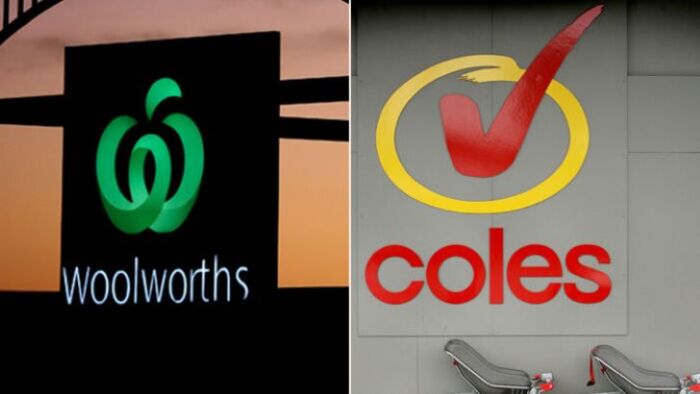Will a tougher grocery code put downward pressure on prices?
By Tom Watson
Australia's major supermarkets could face greater scrutiny and significant fines for major breaches of the grocery code if recommendations laid out in a new report are adopted.
Released earlier this week, the Review of the Food and Grocery Code of Conduct's interim report has called for the code - which is currently voluntary - to be made mandatory for all supermarkets with annual revenue of $5 billion or more (indexed for inflation).
That currently includes ALDI, Coles, Woolworths and the wholesaler Metcash (which services IGA stores), the four of which are estimated to control around 82% of the Australian market.
The mandatory code would be overseen by the Australian Competition and Consumer Commission (ACCC) which would have the power to seek penalties for major breaches of up to $10 million, 10% of a supermarket's annual turnover or three times the benefit gained from a breach - whichever is higher.
"The voluntary Code of Conduct has no penalties, leaving the competition watchdog chained up on the back porch," says Dr Craig Emerson, the former Labor minister who has led the report.
Among other recommendations, the report calls for a new ACCC-facilitated complaints mechanism through which suppliers and other players could raise issues.
It also advocates for stronger protections for suppliers against possible retribution from supermarkets.
Emerson suggests that a strengthened code would be a win for customers, suppliers and grocery prices.
"An effective Code of Conduct would benefit consumers through greater choice and better prices by enabling suppliers to innovate and invest in modern equipment to provide higher-quality products at lower cost."
Spotlight on supermarkets intensifies
The final report on the grocery code review will be handed down by June 30, but that will not be the end of the scrutiny currently on the supermarket sector. Not by a long shot.
A Senate Select Committee is currently examining the price setting practices of the major supermarkets and their power in the market, with the committee's findings set to be made public early next month.
Meanwhile, the ACCC undertaking its own inquiry into supermarket pricing and the relationship between wholesale and retail prices. The final report is due back by February 2025.
The heightened focus on the supermarkets is hardly surprising given the increase in grocery prices over the last few years and allegations of price gouging.
"If you look at wages over the last two years they've gone up by 8%, but if you look at the cost of groceries they have gone up by 14% - so significantly higher," says Graham Cooke, head of consumer research at Finder.
"It's even bigger if you look at some individual categories. Things like eggs, bread, milk and cheese have all gone up by 25% or more."
In fact, Cooke says that data from Finder's Consumer Sentiment Tracker shows that the level of stress Australians are feeling in relation to their groceries is now on par with housing.
"Two or three years ago, the percentage of households who said their grocery bills were causing them financial stress was around 15 to 20%. Now, it's about 40%.
"It's the same percentage who are feeling stressed by the cost of their rent or mortgage, which obviously is a very high expense for any household. That just shows you the degree to which Aussies are stressed due to the cost of groceries."
Interested in reducing your grocery shopping bill? Check out Cooke's four supermarket savings tips in the video above.
And for a more in-depth look at the tricks supermarkets and other big businesses use to get customers to fork out more money, be sure to read our cover story 'You vs Big Business' in the April edition of Money which is on sale now.
Get stories like this in our newsletters.



